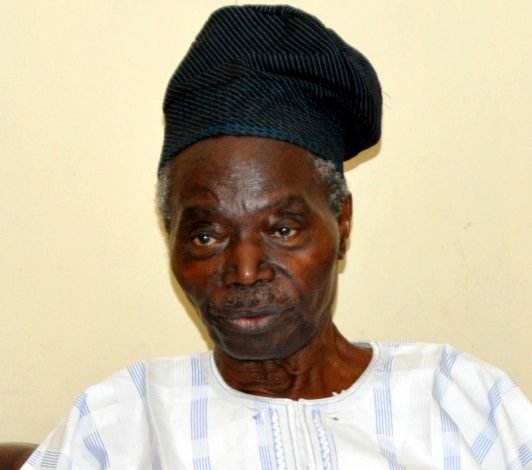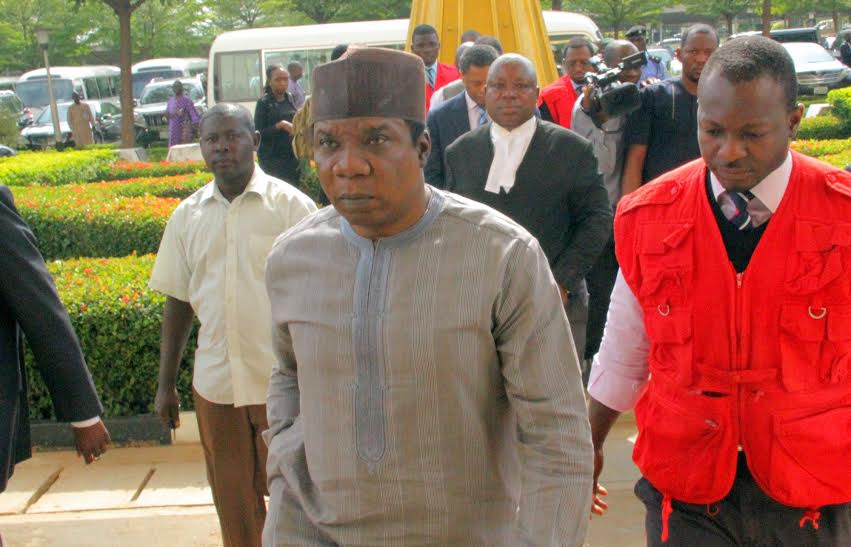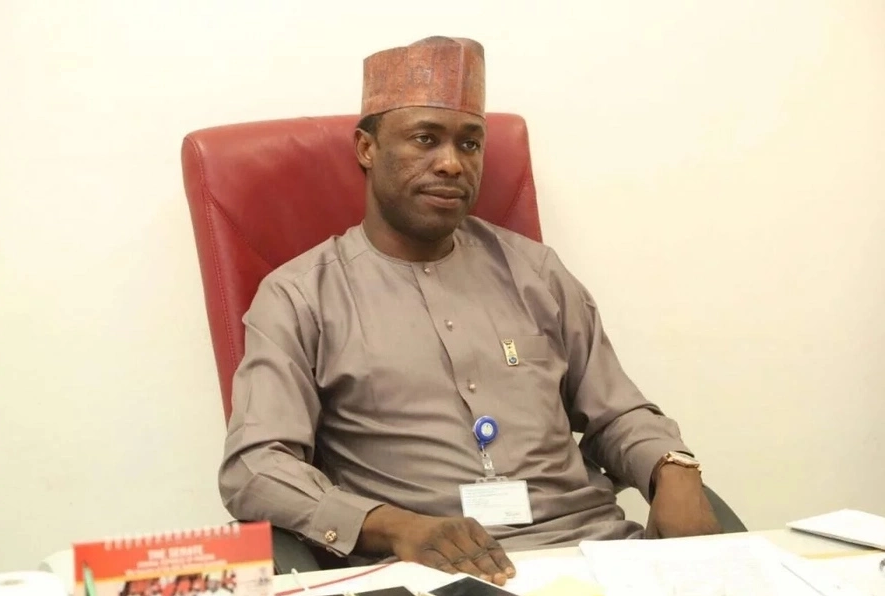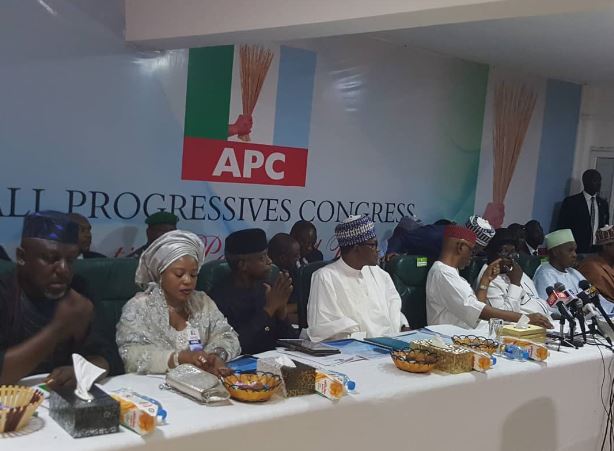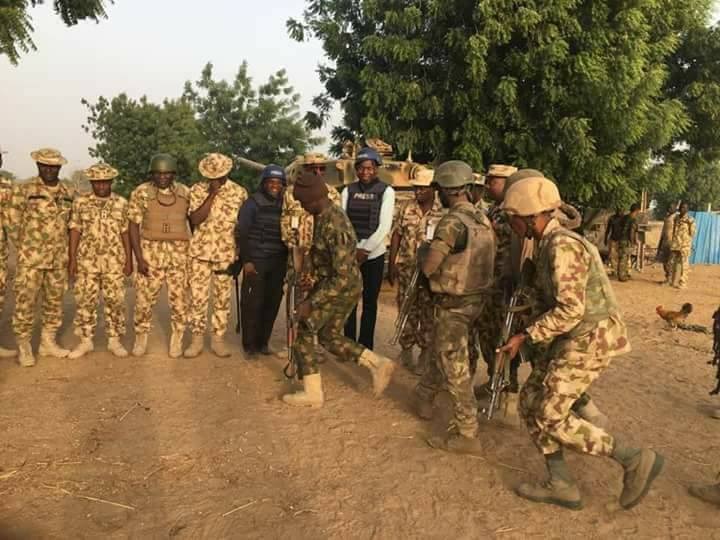Adebayo Adedeji, former executive secretary of the United Nations Economic Commission for Africa (UNECA), has died.
Aged 87 years, he died on Wednesday night after a brief illness.
He was a federal commissioner for economic development and reconstruction and former under-secretary general of the United Nations (UN).
The late professor was the asiwaju of Ijebu and Olotu’fore of Ijebu-Ode, Ogun state. He had a singularly distinguished academic, managerial, national and international, diplomatic and political career in service to Nigeria, Africa and the international community.
Advertisement
At the age of 36 years, he became a full-fledged Pprofessor at the University of Ife, now Obafemi Awolowo University (OAU), Nigeria. In 1971, he was drafted into General Yakubu Gowon’s government as the cabinet minister responsible for the economic development and reconstruction of post-civil war Nigeria.
He was the founder and pioneer chairman of the Nigerian National Youth Service Corps (NYSC) and the father of ECOWAS which he established in May 1975 – after more than three years arduous negotiations with governments and countries divided into Anglophone, Francophone and Lusophone spheres of influence.
He was appointed United Nations assistant-secretary-general and executive secretary of the Economic Commission for Africa (ECA), Addis Ababa in June 1975 and was promoted to the rank of United Nations under-decretary-general in January 1978 – a position he held with tremendous success until July 1991 when he resigned to return to Nigeria after 16 years of international service.
Advertisement
Prior to this, at the height of the African great drought disaster and economic crisis of 1984 to 1986, Adedeji also served as the United Nations secretary-general’s special representative on Africa’s rconomic vrisis in addition to his onerous duties as ECA’s chief executive.
Immediately after his resignation from the United Nations in 1991, Adedeji established the African Centre for Development and Strategic Studies (ACDESS), a non-government, independent, continental, non-profit-making think-tank dedicated to multi-disciplinary and strategic studies on and for Africa.
Born out of the need to fill the void in strategic thinking in Africa, ACDESS’ reason for existence was to provide and promote options for overcoming the multi-layered marginalisation of the vast majority of African peoples – be it within local communities, nation-states or the global economic and political system.
“Through his engagement for creating a viable and sustainable centre for future studies, Adedeji continued to dedicate himself to the struggle for an Africa that was an integral part and a fully respected partner of the world community,” read a statement issued after his death.
Advertisement
“He was also an unrepentant believer in African integration and development, and during the first years of ACDESS, mobilised the intellectual and research community in Africa and beyond in support of its research programme, the primary purpose of which was to identify policies, strategies and struggles for evolving mutually beneficial relations between post-apartheid South Africa and Africa as a whole.
In his writings, Professor Adedeji stressed the need for Africa’s socio-economic transformation and for genuine democratisation based on an indigenously-crafted human-centered holistic development paradigm. ‘The African Alternative Framework to Structural Adjustment Programmes (AAF-SAP)” ‘1989) as well as the ‘African Charter for Popular Participation’ (1990) bear his unmistakable imprint. Both were endorsed by the United Nations General Assembly and have become hallmarks in Africa’s emancipation debate.
“Professor Adedeji initiated a major continent-wide proactive basic and fundamental research and strategic study of Africa’s conflict-ridden and war-torn societies and polities under the theme “Comprehending and Mastering African Conflicts”. A strong advocate of democracy in Africa and of the democratisation of the development process since 1975, he consistently argued, even when it was imprudent to do so, that Africa’s persistent economic crisis was but a consequence of the political crisis which manifested itself in a lack of democracy, accountability, good governance and the pursuit of a human-centered holistic development paradigm.”
In 2010, after turning 80, Adedeji retired from public life and spent the last years of his life quietly in his hometown of Ijebu-Ode, Ogun state.
Advertisement
He is survived by children and grandchildren.
Advertisement
Add a comment
